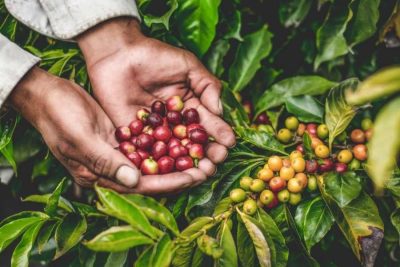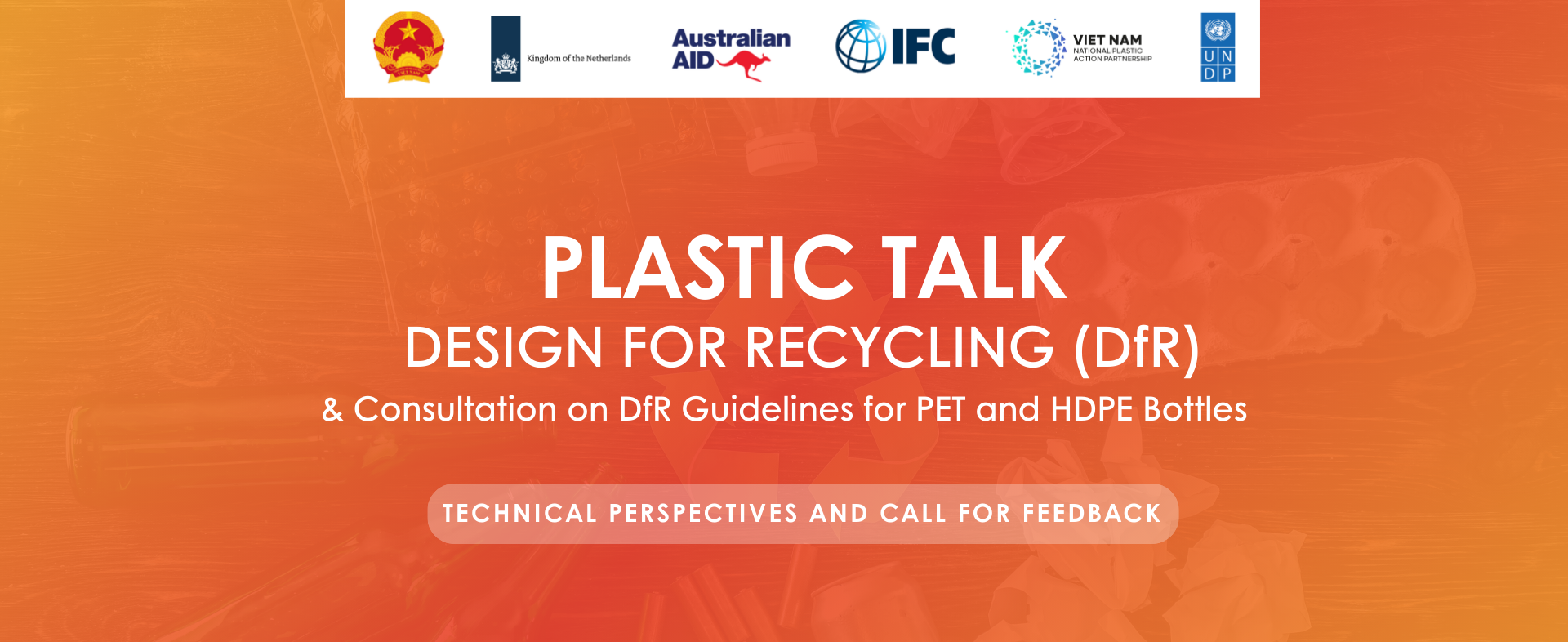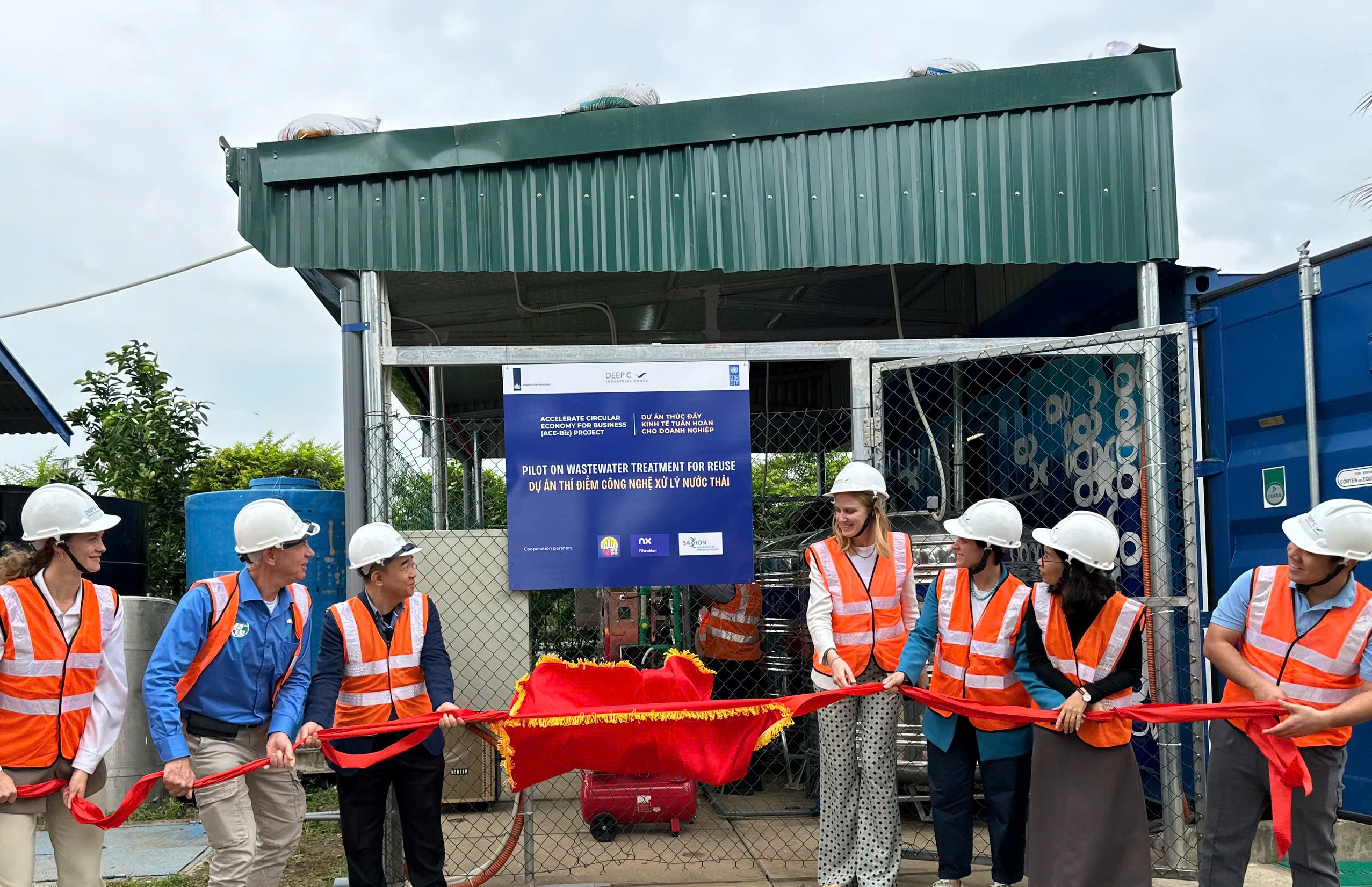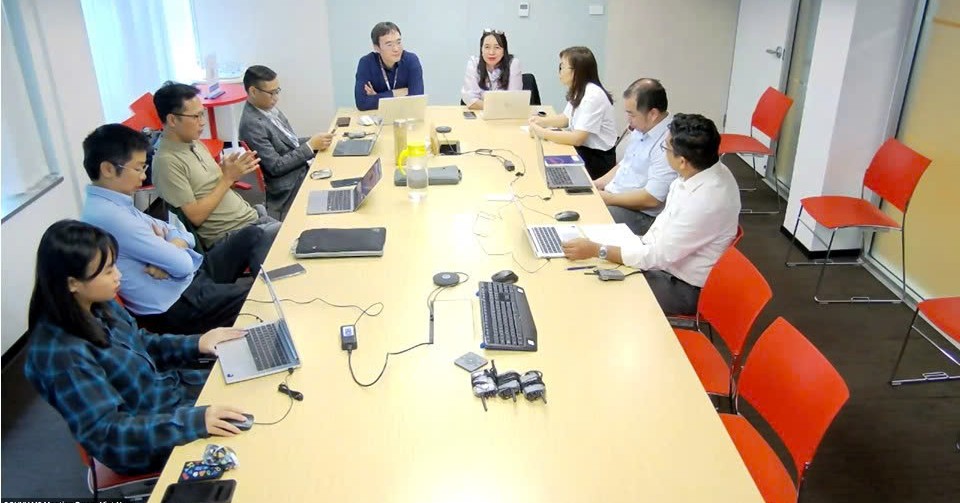Hanoi, December 22, 2022 – Over the past six months, 105 businesses in 21 cities and provinces in the sectors of agriculture, construction, e-commerce, manufacturing, logistics, environment, and waste treatment have participated in the Circular Economy Capacity Building Program for Enterprises. 15 businesses have been selected and registered to participate in the incubation activity to be directly consulted, connected, and analyzed challenges and solutions to be able to apply this economic model effectively. This information is given at the closing event Harvest Day & CE Connect of the programme which was in collaboration of the United Nations Development Program (UNDP), the Embassy of the Netherlands, the Environmental Economic Policy Institute (EEPI) – representing the Northern region, Thua Thien Hue Innovation Hub (HiHub) – representing the Central region, the Institute for Circular Economy Development (ICED) – representative of the Southern region and Saxion University of Applied Sciences from Netherlands.

The event aims to showcase program achievements, bring together businesses along the value chain to foster resource sharing and partnership development, showcase company products while also sharing business strategic plans and practical circular models with other companies to accelerate the transition to a circular economy.
Small and medium-sized enterprises (SMEs), which make up 96% of all businesses in Viet Nam, employ 47% of the labor force, and provide 36% of the country’s value added, are crucial for hastening the transition to a circular economy.
“The circular economy is an economic opportunity for Vietnamese businesses. It is an economic revolution that protects and regenerates natural capital, on which individuals, communities, and economies depend. It is not just about “fixing” negative external impacts. In reality, research demonstrates that the transition to a circular economy presents a $4.5 trillion opportunity for the world economy by reducing waste, fostering innovation, and generating jobs, according to Mrs. Ramla Khalidi, UNDP Resident Representative in Vietnam.
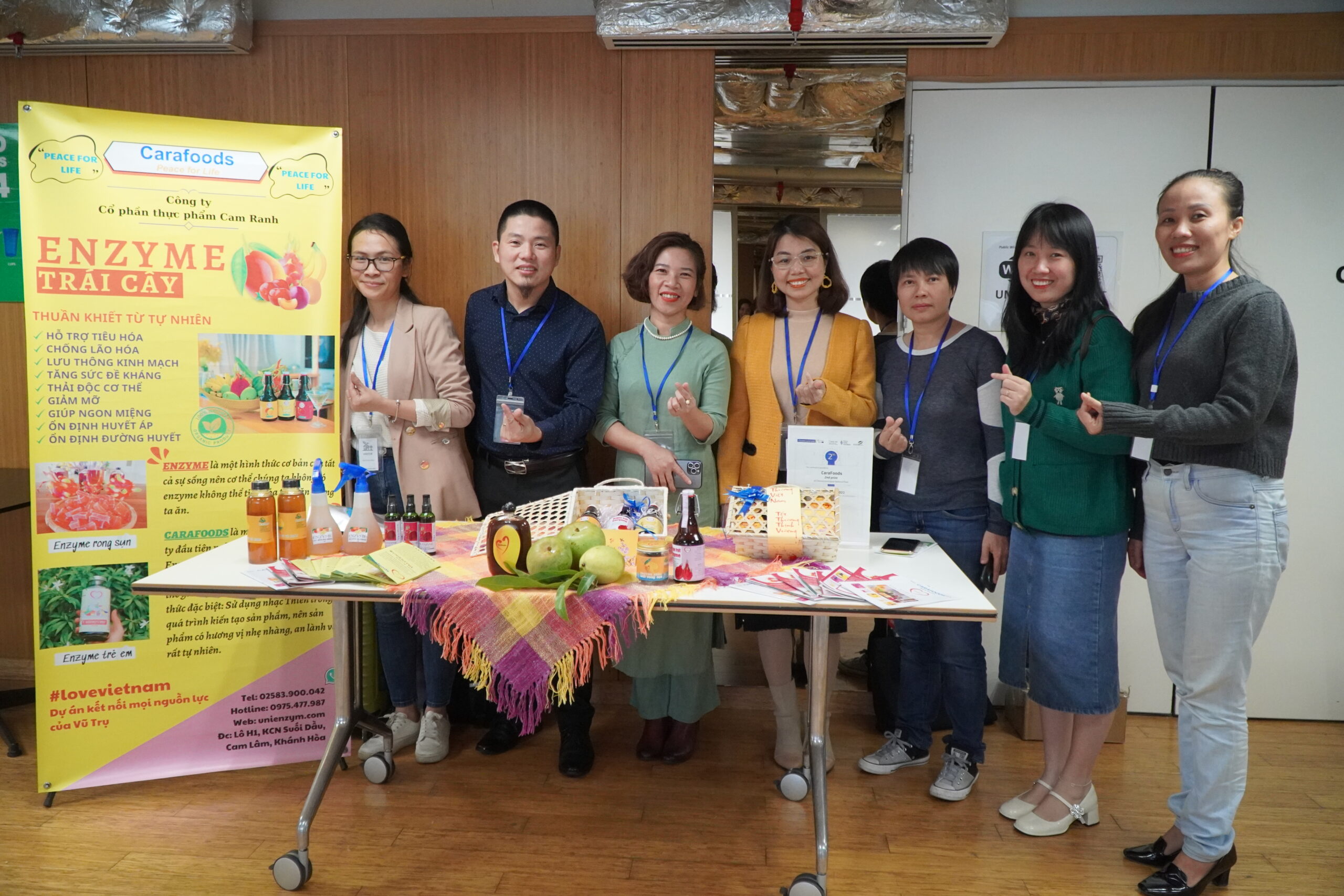
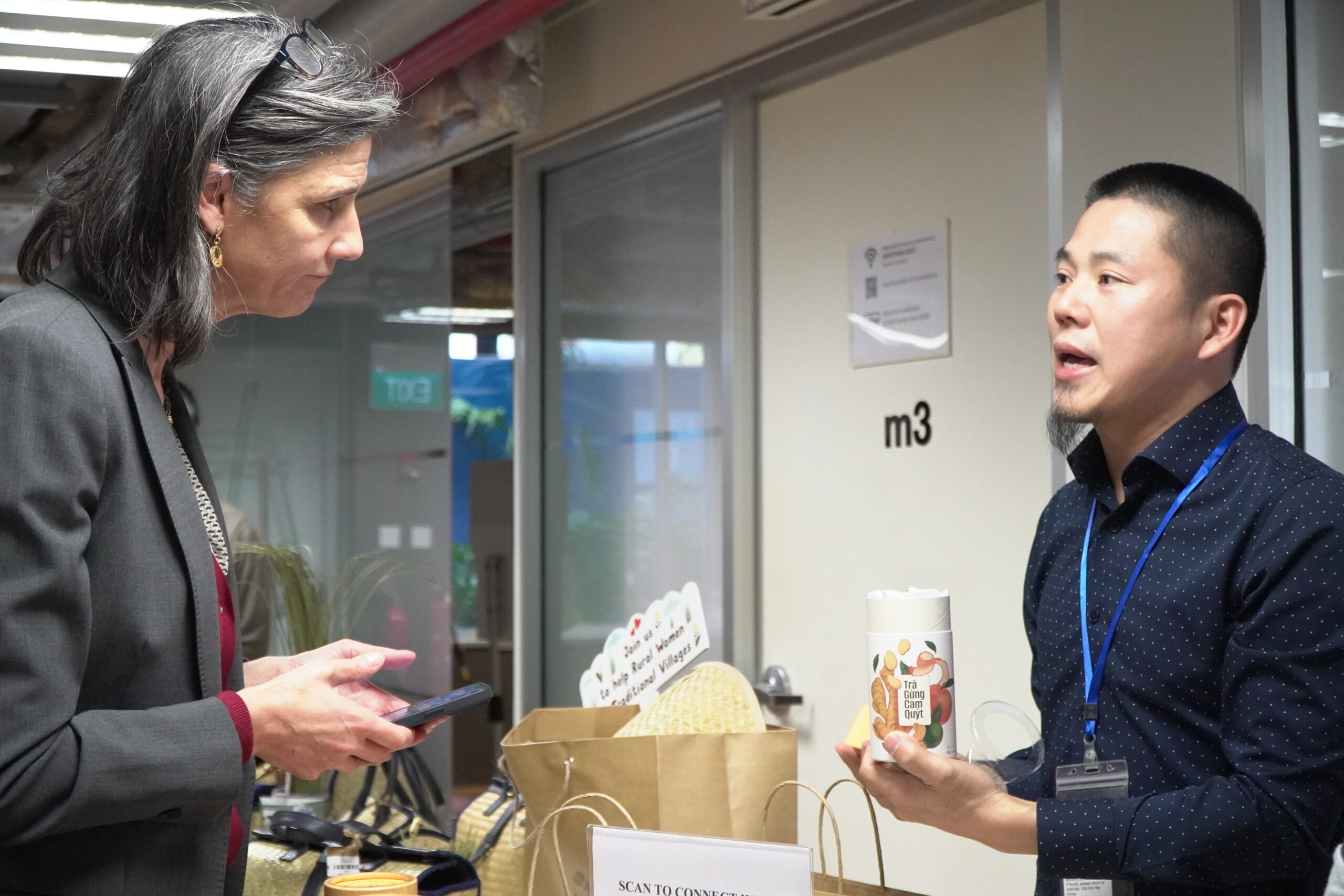
4 circular business models participating in the exhibition: Dinh Vien Tea, Carafoods, Mai Organics, Marie’s – Vietnam Essential Handmade
According to Mr. Kees Van Baar, Ambassador Extraordinary and Plenipotentiary of the Kingdom of the Netherlands in Viet Nam “We must make sure that businesses have access to the technical and financial assistance they require in order to change their consumption and production models, align with national circular economy goals, and gain benefits from foreign trade agreements.
“The promotion and development of circular economy infrastructure can meet the needs of socio-economic development in Viet Nam. (e.g., Responsible Business Conduct).”
“With the strengthening of government policies on the Circular Economy, and at the same time raising the awareness of businesses and the community, the Netherlands believes that Viet Nam will become a partner in the pursuit of sustainable economic development” he said.
Mr. Mai The Toan, Deputy Director of the Institute of Strategy and Policy on Natural Resources and Environment (ISPONRE) said, “ISPONRE with the support of UNDP, the Embassy of the Netherlands as well as other international organizations has studied and incorporated the contents of the circular economy into legal policy in Viet Nam. In particular, the Law on Environmental Protection 2020 and the guiding documents have recently institutionalized the regulation of the circular economy, along with many other policy instruments that play a role in promoting the implementation of the circular economy such as Extended Producer Responsibility (EPR), green credit, green bonds, solid waste, and wastewater management, etc. These are important prerequisites to promote circular economy in Viet Nam… However, for those legal provisions to come into practice, further research is needed to identify and replicate innovative models of circular economy application in enterprises.”
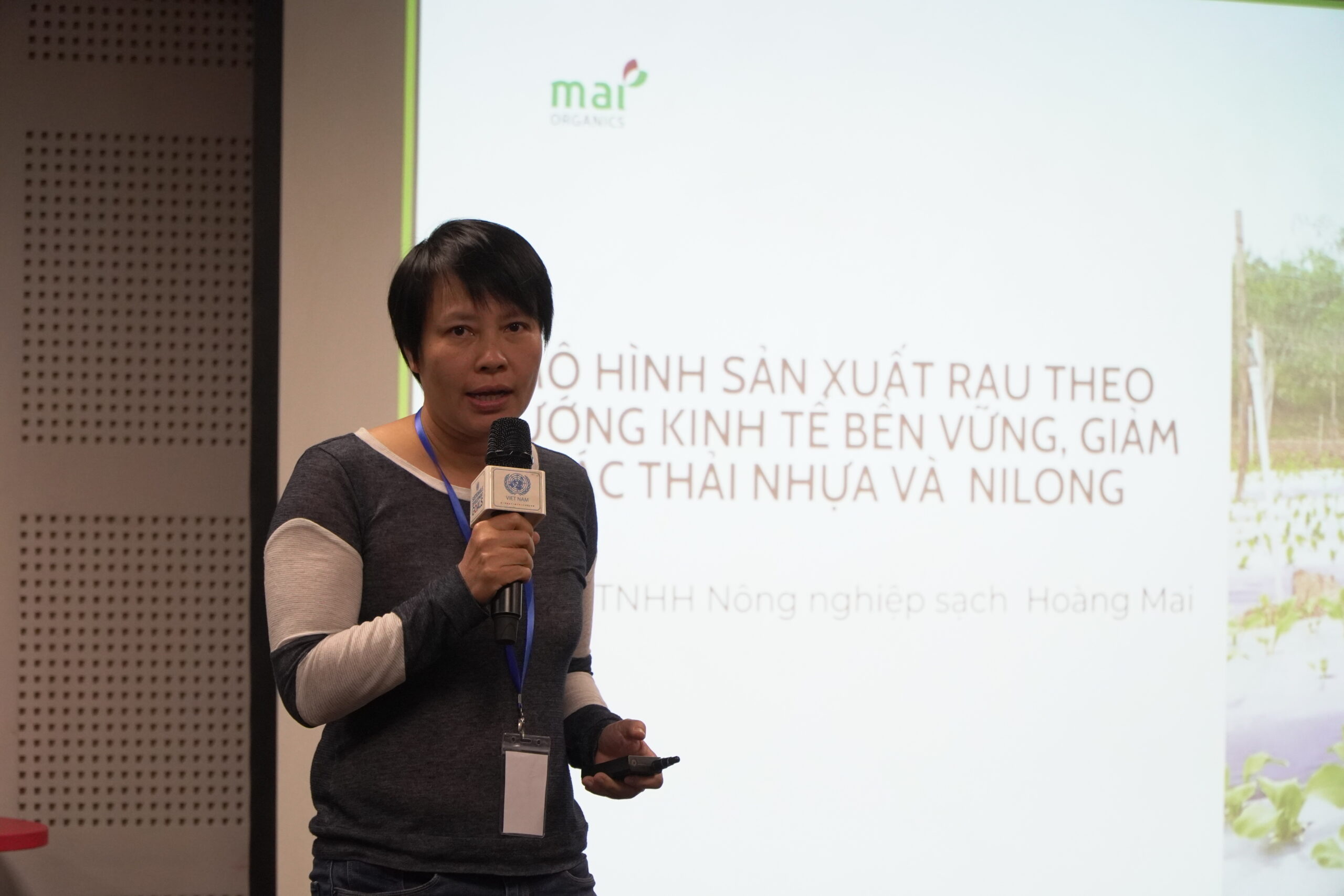
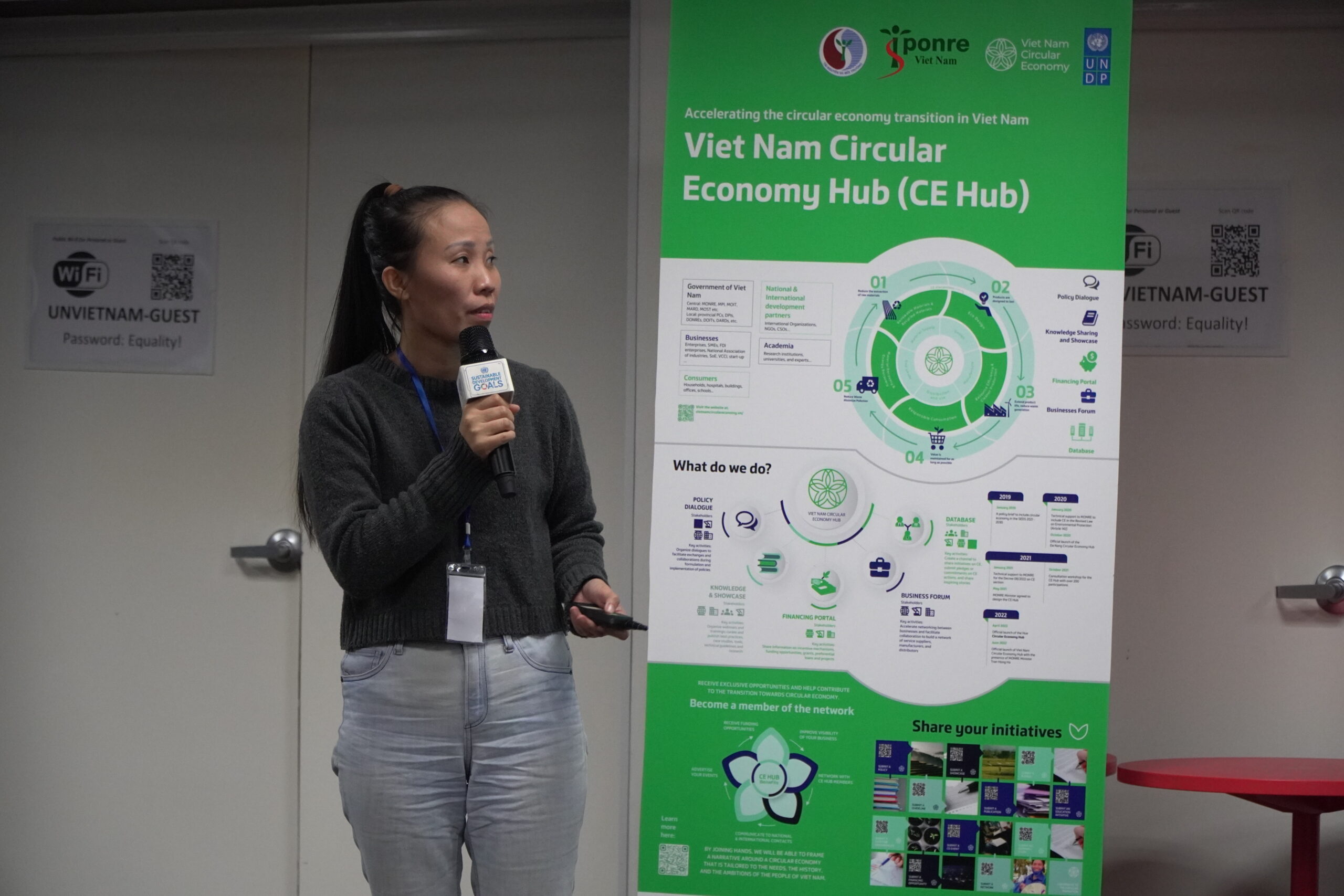
At the event, enterprises shared practical models and lessons learned such as: environmental-friendly packaging model, circulating wastewater treatment model in Nam Cau Kien Eco-Industrial Park, buying, and selling used fashion products and lessons from moving towards circularity in the food and beverage sector. Delegates and businesses also discussed the role of the ecosystem in supporting businesses, facilitating to accelerate the transition to a circular economy.
This capacity building program is one of the activities within the cooperation framework of UNDP and ISPONRE through the Viet Nam Circular Economy Network (CE Hub), with EEPI, HiHub, ICED and Saxion University of Applied Sciences of the Netherlands.
Courtesy of the news belongs to VTV3.











